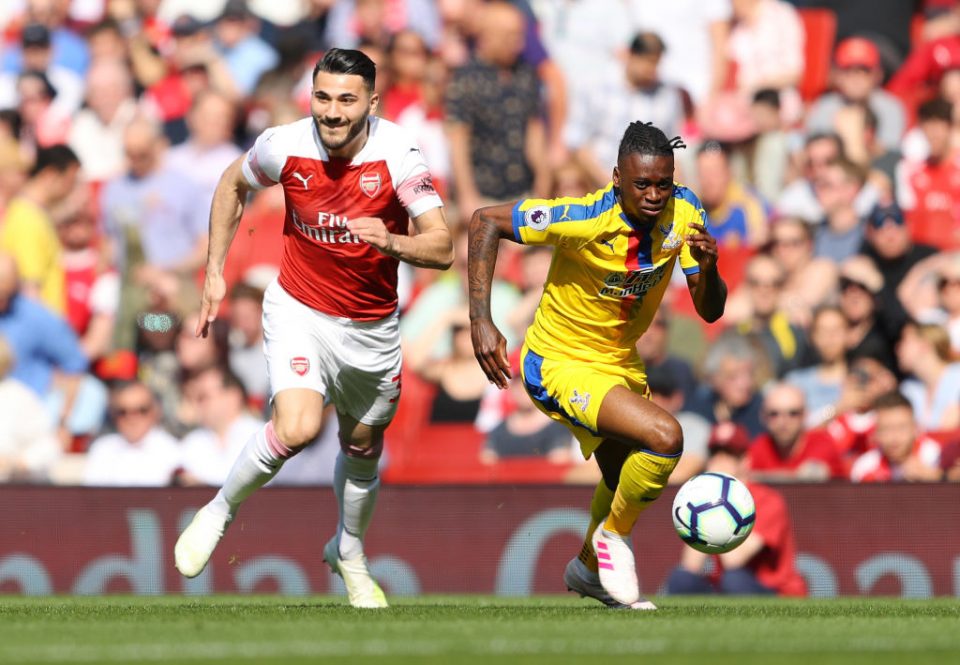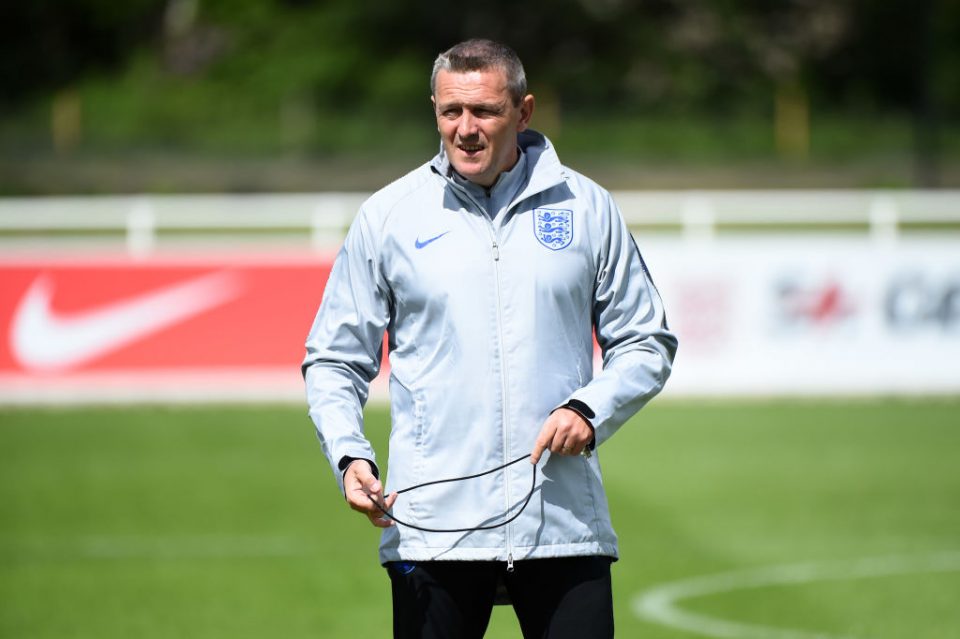European Under-21s Championship: How England are lagging behind their continental competitors

English football has enjoyed a bumper last 12 months. The Three Lions’ run to the semi-finals of the 2018 World Cup and the all-English Champions League and Europa League finals that followed would suggest the domestic system that produced the players is in rude health.
That is the picture at senior level. But look beyond Gareth Southgate’s field of vision at the younger age groups and a different picture emerges. England’s Under-17s weren’t at last month’s European Championship and they haven’t reached the World Cup in October either.
The Under-19s didn’t qualify for their European Championships, which will be held in Armenia next month, while the Under-20s are conspicuous in their absence from that age group’s World Cup, which is currently being played in Poland.
England’s youth teams are a long way from the golden year of 2017 when the prestigious Toulon Tournament, Under-20 World Cup, Under-19 European Championship and Under-17 World Cup were all scooped up by various incarnations of the Young Lions.
Read more: Diego Maradona documentary brings humanity to the caricature
It is amid this apparent context of stuttering progress that Aidy Boothroyd’s Under-21 side head to Italy and San Marino for the European Under-21 Championship, which starts on Sunday.
Boothroyd’s side are in Group C with France, Romania and Croatia and begin their campaign against the French on 18 June in Cesena. The bookmakers rate them as joint-favourites alongside their opening opponents, Spain and Germany to win the competition.

While success stories Jadon Sancho and Callum Hudson-Odoi have moved up to Southgate’s senior squad there are plenty of other names lending the squad a familiar feel.
Leicester’s James Maddison, Crystal Palace’s Aaron Wan-Bissaka, Manchester City’s Phil Foden and Fulham’s Ryan Sessegnon all turned out in the Premier League this season, but deeper analysis of the four leading European squads shows a marked difference in their make-up.
Lagging behind
Just 13 of Boothroyd’s 23-man squad spent the 2018-19 season playing for a club in the Premier League, or, as in Reiss Nelson’s case while on loan from Arsenal at Hoffenheim in Germany’s Bundesliga, in an equivalent top-flight league. When compared to Spain’s 18, France’s 20 or Germany’s 21, a pattern of England sticking out begins to appear.
Further scrutiny only increases the sense that they lag behind their competitors. England’s squad averaged just 8.3 top-flight starts per player this season – nowhere close to Spain (15.8), Germany (16.8) and France (22.5).
It’s no better when you factor in appearances from the substitutes’ bench either, where England’s average of 760 minutes falls significantly behind Spain (1,424), Germany (1,504) and France (1,997).
This is nothing new, of course. The financial might and intensely competitive nature of the Premier League means talented youngsters are used sparingly in other competitions, or sent out on loan to lower divisions.

England have five players under contract with Chelsea in their squad – Jake Clarke-Salter, Jay Dasilva, Fikayo Tomori, Mason Mount and Tammy Abraham, yet all of them spent the 2018-19 campaign on loan, with Clarke-Salter (Vitesse Arnhem) the only one not in England’s second tier.
Lower level
Playing at a lower level isn’t ideal, but it is probably better than sitting on the bench in the Premier League – an experience extremely familiar for the likes of Foden, Morgan Gibbs-White and Dominic Solanke, who made just 10 league starts between them last season.
“It is difficult. I would like them all to be playing regularly,” Boothroyd admitted before a 2-1 defeat by Germany in March. “We’ve got some that do, some that don’t. Then we’ve got to decide: is it better for them to be playing in the Championship [on loan] or training with Premier League clubs?

“It isn’t an exact science because I look at Phil Foden and think he’s training with the best players in the world and arguably the best coach in the world. That isn’t going to do him any harm, is it?”
Although no harm may be coming to England’s younger generation of players, the relative lack of opportunities compared to their European peers is an area of concern. Whether players are thriving because of or in spite of the system has been a matter of debate for some time.
If Boothroyd’s side can overcome their more experienced competitors and win the final of the Under-21 European Championships on 30 June then we might come closer to finding an answer.